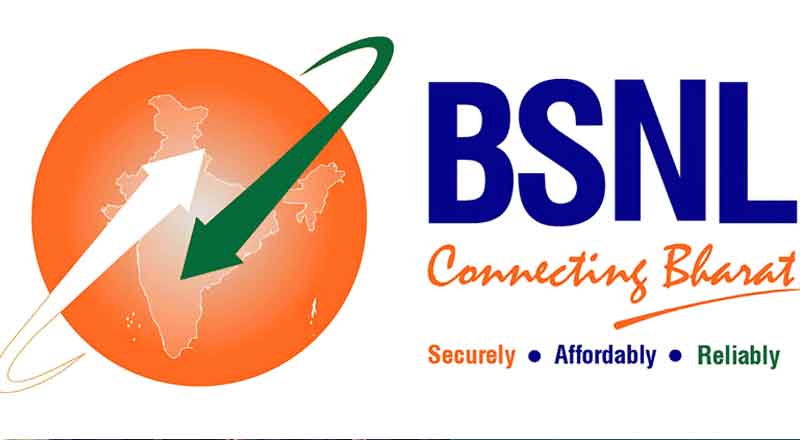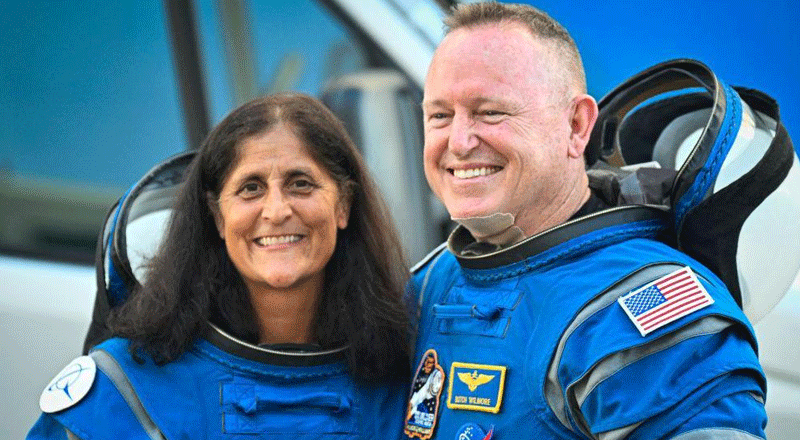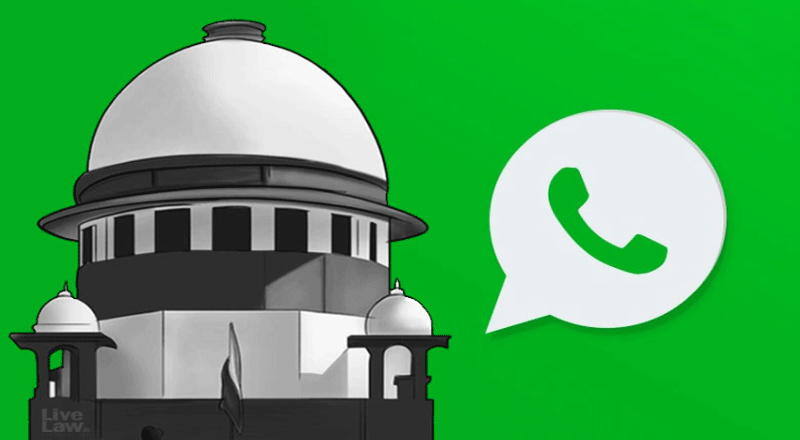BSNL’s Journey Toward Innovation in Telecommunications
Bharat Sanchar Nigam Limited (BSNL), India’s government-owned telecommunications provider, has been a cornerstone of the country’s connectivity landscape since its inception in 2000. As India’s oldest telecom entity, BSNL has consistently evolved to meet the needs of an expanding and increasingly digital population. While the rise of private telecom giants has put pressure on BSNL’s market share, the company has remained resilient, investing in high-tech advancements to maintain relevance. Now, BSNL has taken a ground-breaking step by launching India’s first Direct-to-Device (D2D) satellite connectivity in collaboration with U.S.-based Viasat, marking a new era for India’s telecommunications sector and positioning BSNL at the forefront of satellite-based connectivity.
A Milestone in India’s Connectivity: D2D Satellite Service
Announced by the Department of Telecommunications (DoT) and demonstrated at the Indian Mobile Congress (IMC) 2024, BSNL’s Direct-to-Device satellite connectivity promises to transform the way Indians stay connected, especially in remote and underserved areas. The service, developed in partnership with Viasat, is designed to provide seamless connectivity across vast, previously unreachable regions, offering a potential lifeline for millions who live in connectivity-challenged parts of India. While satellite communication has historically been limited to the military and emergency sectors, BSNL’s D2D initiative is a major shift, bringing this technology to the everyday user.
Expanding Connectivity to the Masses
BSNL’s satellite-based connectivity has the potential to reach users in rural villages, mountainous regions, and other isolated locations where cellular or Wi-Fi networks are inconsistent or entirely absent. From trekkers exploring remote locations like the Spiti Valley to villagers residing in the deserts of Rajasthan, BSNL’s Direct-to-Device service opens doors to continuous communication in areas previously cut off from the digital grid.
Beyond basic communication, the service includes essential capabilities, allowing users to make emergency calls, send SOS messages, and even process digital payments via the UPI platform during connectivity outages. This aspect holds particular significance for India’s Digital India initiative, as it supports financial inclusion by ensuring that rural and remote populations have uninterrupted access to payment systems even during emergencies.
Viasat’s Technological Contribution
Viasat, BSNL’s international partner, has played a pivotal role in the technological realization of this satellite connectivity. The D2D service operates using non-terrestrial networks (NTN) that facilitate two-way communication through Viasat’s geostationary L-band satellites, positioned approximately 36,000 kilometers above the earth. During the IMC 2024 demonstrations, BSNL and Viasat successfully showcased the capacity of this system, transmitting and receiving messages across vast distances with remarkable precision.
The Viasat satellites, capable of sustaining connections in extreme geographic locations, represent a breakthrough for reliable, high-capacity communication solutions where traditional networks fail. This partnership illustrates a fusion of local expertise and global technology, with Viasat’s advancements providing the foundational infrastructure for BSNL’s new service.
Future Implications and Questions Ahead
While BSNL’s D2D satellite service represents a major leap in connectivity, several questions remain about its practical use. BSNL has yet to release detailed information on service plans, costs, or access requirements, leaving some ambiguity regarding whether the service will be available through existing BSNL plans or if it will require separate subscriptions. Additionally, it remains unclear whether the satellite connectivity will support non-emergency calls and regular texting services, a detail that will significantly impact the service’s adoption and utility.
Paving the Way for a Connected India
BSNL’s launch of India’s first Direct-to-Device satellite connectivity is a significant achievement, enhancing communication for millions who live outside the reach of traditional networks. Through this service, BSNL and Viasat are not only addressing India’s connectivity challenges but also setting the stage for further technological advancements in the telecom industry. As BSNL clarifies service details in the coming weeks, this initiative promises to strengthen India’s digital foundation, aligning with national goals for inclusive, accessible technology across even the remotest regions. With this bold move, BSNL reaffirms its commitment to connecting India in ways that transcend traditional boundaries, heralding a new age of digital reach and resilience.
(With inputs from agencies)





